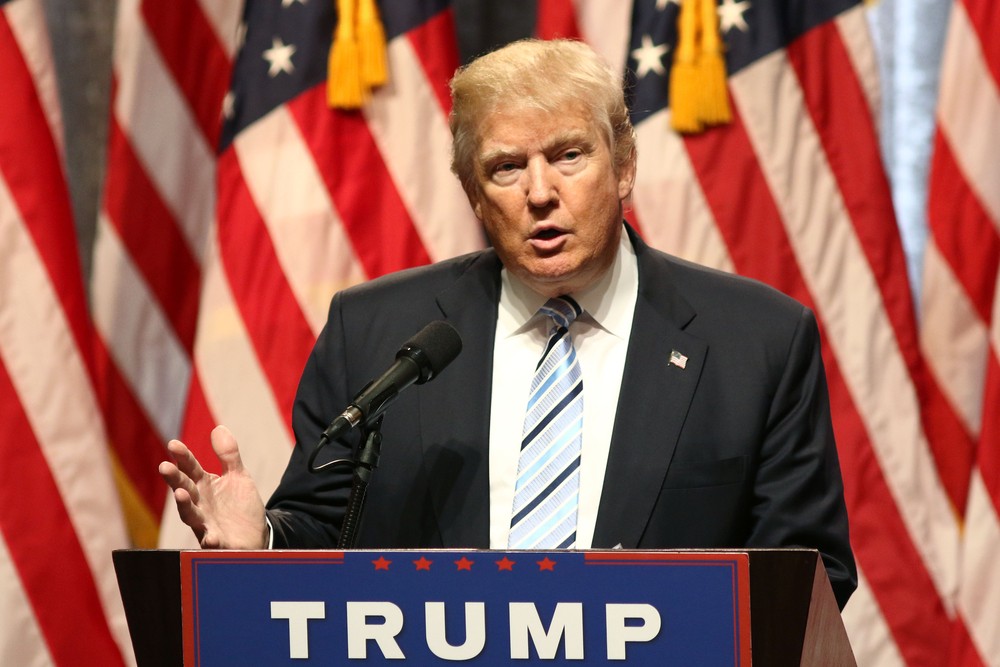Key Takeaways:
– President Donald Trump is required to appear in an Atlanta Federal court on September 3rd, 2024, to face allegations of music copyright infringement.
– The estate of Isaac Hayes claims that Trump has repeatedly used their song ‘Hold On I’m Coming’ without a license.
– This case is not a first for Trump; several other artists have previously accused him of unauthorized use of their music.
Trump’s Copyright Row Heads To Court
A new headache for former President Donald Trump is brewing, this time related to copyright infringement over music usage. Trump is required to appear in the Northern U.S. District Federal Court in Atlanta on September 3, 2024, following allegations of copyright infringement.
Claims of Unauthorized Song Usage
In the spotlight is the popular song ‘Hold On I’m Coming’ belonging to the late Singer Isaac Hayes. According to his estate, Trump has been using their song in campaigns and other public appearances without a license since 2022. Despite several requests to stop, Trump is alleged to have continued using the song.
More than Just Money
The Hayes family, while understandably keen on the licensing fees, also expressed a concern shared by many other artists. They often prefer their music not to be used for political purposes and certainly not associated with a particular brand of politics.
Interestingly, this case is not an isolated incident. Known personalities like the Foo Fighters, Celine Dion, and Beyonce have lodged similar complaints against Trump. The musical community is slowly but surely revolting against such unauthorized usage of their intellectual property.
A Matter Beyond Politics
The Hayes family has underlined that their gripe with Trump is not political. Despite the ex-president’s political standing, their main concern remains the unauthorized use of their song. They argue that their father’s song should not just be seen as an object for political campaigns, but respected as a piece of intellectual property.
What This Case Means
Copyright infringement cases like these highlight the growing tension between politicians and musicians. While music is often a central part of political campaigns, artists are increasingly asserting their rights to control how and where their music is used.
This landmark case might set the tone for future dealings between artists and politicians. It emphasizes the need for respectful treatment of artists and their work.
With the hearing fast-approaching, the music community is keeping an eye on the outcome. It certainly adds another chapter in President Trump’s long history of legal battles and controversies.
In conclusion, respect for intellectual property should be universal, regardless of a person’s social or political standing. Whether this case will result in changes to the way political campaigns use music remains to be seen. However, one thing is clear: artists are standing up for their rights, and the world is watching.
